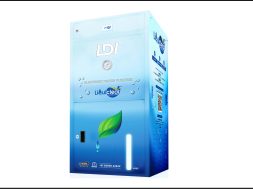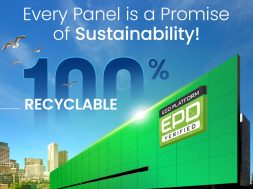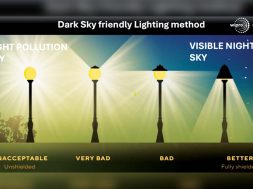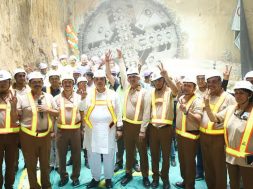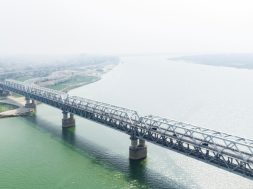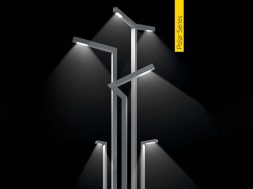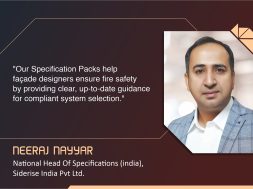LDI Technology: The catalyst for sustainable water solutions
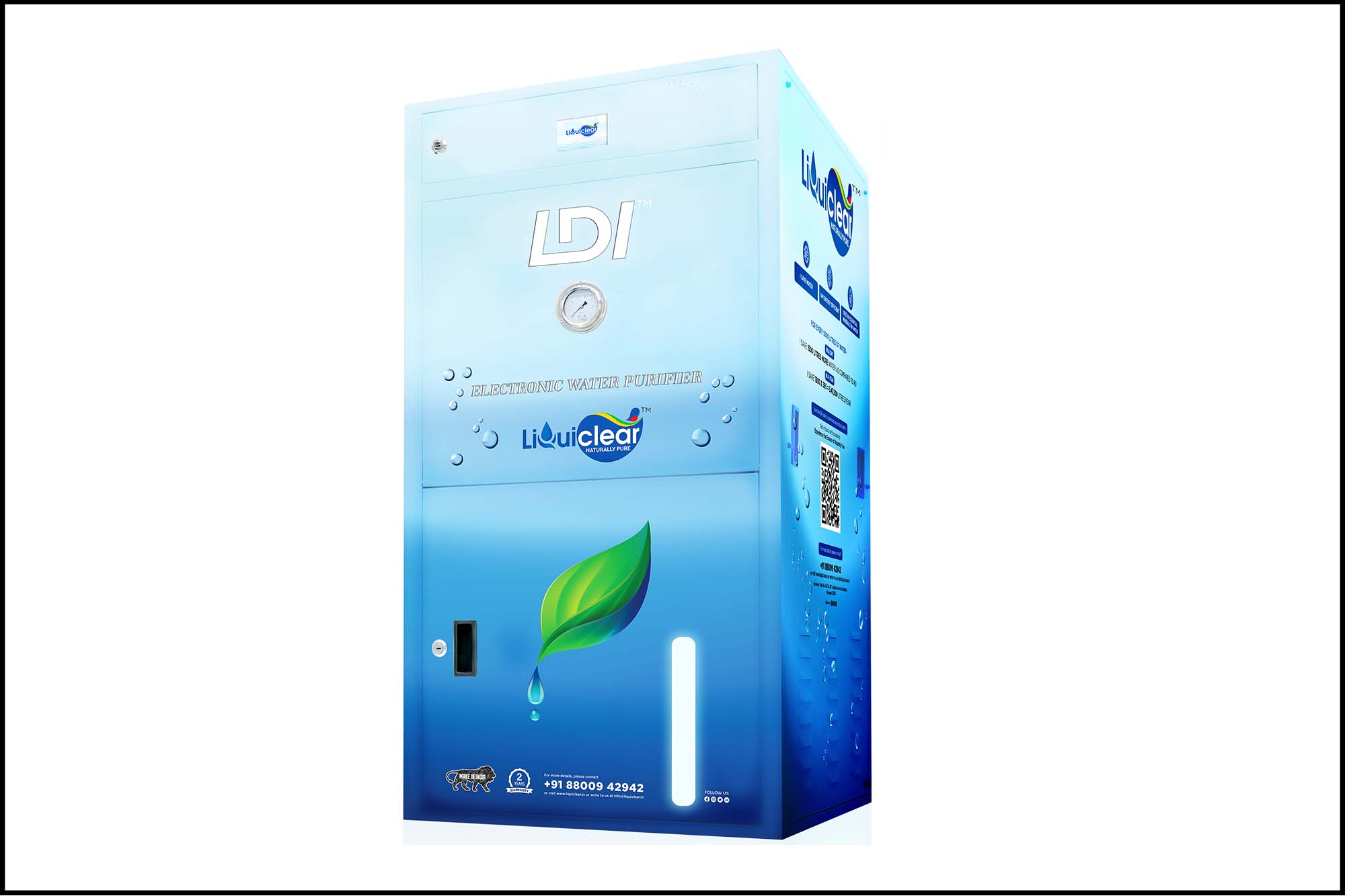
Advancing Sustainability in green projects, airports, and metro developments.
In a sustainability-focused world, revolutionary water purification innovations are transforming urban landscapes. Liquiclear’s Liqui Deionisation (LDI) technology, a standout in the dynamic field, spearheads a new era in eco-friendly water treatment. Its impact is visible in green projects, airports, and metro systems, promising a cleaner, greener future.
Liquiclear’s LDI Technology: Spearheading sustainable water treatment
The LDI method innovatively purifies water by using an electrical potential difference through three processes: absorption, desorption, and backwash. Liquiclear elevates water purification with cutting-edge LDI technology, delivering a remarkable 67 percent energy savings and 50 percent more water production while retaining essential minerals. The device ensures high water quality by constantly adjusting TDS levels. Additionally, the LDI technique softens water by 85 percent without salt or resins, reducing TDS by 50 percent. It offers hassle-free installation and low maintenance, Liquiclear is the top choice for discerning customers.
Liquiclear’s LDI Electronic Water Purifier
The LDI Electronic Water Purifier produces purified water while preserving natural essential minerals. It achieves a substantial decrease in total dissolved solids (TDS) of up to 85 percent and water hardness of up to 50 percent, establishing the gold standard in water purification. In addition, 50 percent more water is produced with 67 percent less energy. This pioneering technology continuously adjusts total dissolved solids (TDS) levels to maintain consistently high water quality.
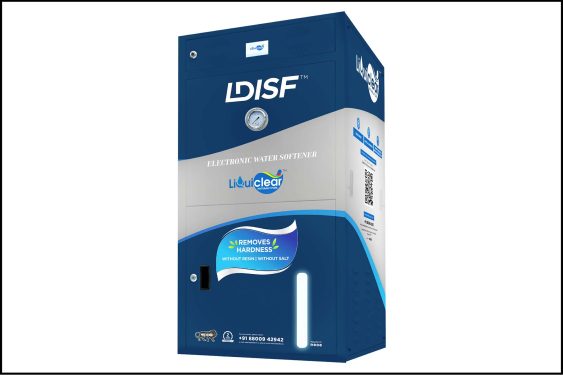
LDISF Electronic Water Softener
Liquiclear’s LDISF Electronic Water Softener effectively tackles hard water by using LDI technology, eliminating the need for salt or resin. The Electronic LDISF tech offers an 85 percent cut in water hardness and 50 percent drop in Total Dissolved Solids (TDS), without resins or salt. It boosts water taste, quality, and efficiency, preventing scale buildup and extending infrastructure lifespan. These systems deliver hassle-free, high-quality water with easy installation and low maintenance.
The competitive edge of LDI Technology in purification
Sustainable water purification, like Liquiclear’s Liqui Deionisation (LDI) tech, is vital for construction, including green, metro, and airport projects.
Resource conservation: Water conservation is vital, and sustainable purification tech plays a key role by treating water efficiently and minimising wastewater, which is crucial in water-scarce regions with high freshwater demand.
Environmental impact: Adopting eco-friendly water purification minimises environmental impact by reducing chemical and energy usage, which is crucial for certifications like LEED and green building standards.
Energy efficiency: Using energy-efficient water purification tech enhances construction project sustainability by reducing energy consumption in water treatment compared to traditional methods.
Resilience and reliability: Resilient water purification systems boost infrastructure resilience, ensuring uninterrupted water supply crucial for operational continuity and public safety in airports and metro systems.
Long-term cost savings: Investing in sustainable water purification pays off with lower energy usage, reduced maintenance, and potential regulatory incentives, outweighing initial costs in the long run.
Water for all: Future-ready breakthroughs: Liquiclear’s LDI Technology leads water purification for urban development, airports, and green initiatives. The LDI Electronic Water Purifier and LDISF Electronic Water Softener mark advancements in sustainable water management driven by global initiatives and evolving technologies.
For more info visit: https://www.liquiclear.in/
Cookie Consent
We use cookies to personalize your experience. By continuing to visit this website you agree to our Terms & Conditions, Privacy Policy and Cookie Policy.
